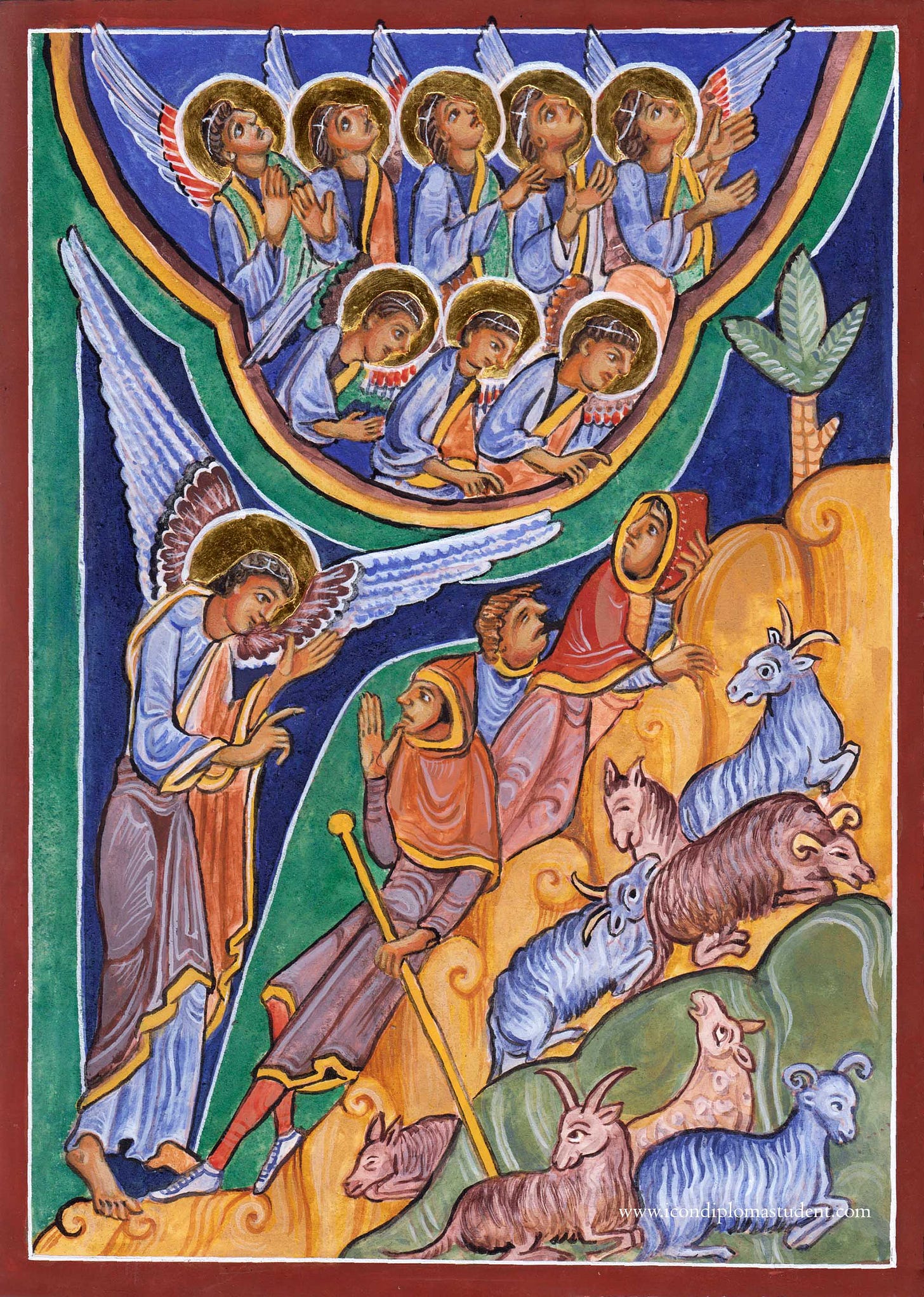Spiritual Embodiment
Reflections Inspired by the Apostle Paul, C. S. Lewis, and David Bentley Hart
Of course the three that I’ve named in this title are only three among a vast host from which I could have selected on the topic of spiritual embodiment. Moreover, these three would no doubt differ on some of their conceptual details and metaphysical claims related to this vast question. Nonetheless, they are my own three favorite voices on the topic, and their common ground is readily apparent to anyone remotely familiar with their works. Spiritual embodiment is easily the one concept in which I’ve maintained the most consistent interest over the entire course of my reading and thinking life. It shows up throughout the works of C. S. Lewis, but perhaps most vividly in The Great Divorce as well as in his description of the realm of the gods in Till We Have Faces: A Myth Retold. For a look at what Paul believed on this topic, the single best book that I’ve found was The Corinthian Body by Dale Martin which was recommended by David Bentley Hart. As for Hart himself, he has a fabulous essay on the topic called “The Spiritual Was More Substantial Than the Material for the Ancients” from July 2018. For Paul in 1 Corinthians 15:44, when he describes our death and resurrection, he makes it obvious that our fleshly bodies are given to us for the purpose of transfiguration. Paul even describes our “soulish” or “psychical” body as that which must be transfigured into a “spiritual” body: “It is sown a psychical body, it is raised a spiritual body. If there is a psychical body, there is also a spiritual.” Paul makes it even more clear that fleshly embodiment must give way to spiritual embodiment in 1 Corinthians 15:50 when he writes emphatically, “And I say this, brothers: that flesh and blood cannot inherit the Kingdom of God; neither does perishability inherit imperishability.” The term “blood” in verse 50 parallels the concept of “life” or “soul,” so that Paul is simply reiterating his earlier point about how our bodies of flesh and soul in this fallen world must be transfigured at the resurrection into spiritual bodies.
In this essay about spiritual bodies, however, I will not be citing and comparing Paul, Lewis, or Hart. I intentionally used the clever phrase “inspired by” in my title above so that I can just use my own layperson’s terms to recap whatever I have picked up from over my years of reading on this topic—starting in highschool and continuing to the present across an ever-growing list of authors. With most of my writing, I tend to over-indulge in citations, so consider this an exercise for my subscribers in which I will avoid all citations as I write about my own conceptions of spiritual embodiment.
Keep reading with a 7-day free trial
Subscribe to Copious Flowers to keep reading this post and get 7 days of free access to the full post archives.




